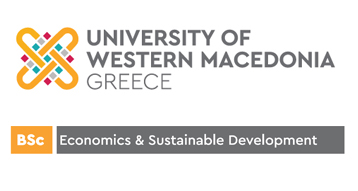Learning outcomes:
This course introduces students to the concept of sustainable supply chain management (SSCM). Sustainable supply chain management involves integrating environmentally and financially viable practices into the complete supply chain lifecycle, from product design and development, to material selection, (including raw material extraction or agricultural production), manufacturing, packaging, distributing, storing, warehousing as well as usage, recycling and lastly disposal. This module develops understanding on the complex nature of sustainability and explores current as well as future trends within sustainable supply chain management. The core premise of this module is that businesses are subjected to increasing pressures to demonstrate their social and environmental credentials by operating a sustainable supply chain. This highlights a key criterion of a responsible company
Upon successful completion of the course the student will be able to:
■ Understand the complex term of sustainability and its application to the supply chain from multiple dimensions
■ Demonstrate an awareness of environmental, social and ethical aspects of Supply Chain Management
■ Show critical understanding of how sustainability links with efficiency and competitive advantage, influencing practices, business models and strategies implemented
■ Plan for and justify application of sustainability factors when making operations and supply chain decisions

